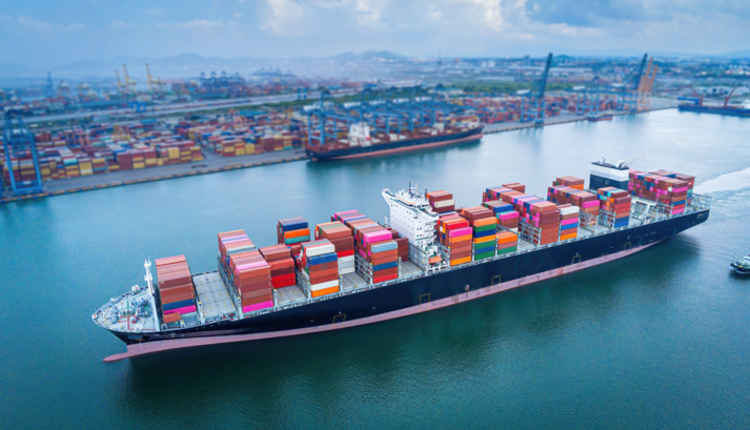
The National Milk Producers Federation (NMPF) and the U.S. Dairy Export Council (USDEC) are working to preserve market access for American dairy exports to Colombia following the Colombian government’s abrupt July 5 decision to initiate a politically driven “subsidies and countervailing measures” investigation into milk powder imports form the United States.
The move has little to do with U.S. milk and everything to do with Colombia’s domestic politics. In an effort to reverse slipping popularity with voters, the Colombian government has decided to misuse trade tools usually reserved for private industry to counter legitimate damage from “dumped” product sold at below market rates. In contrast to this, Colombia’s government has instead launched this case on its own, alleging that U.S. milk powder exports from 2020 to 2023 were unduly subsidized by U.S. government programs and damaged Colombian dairy producers. Unfortunately, due to the investigation’s political nature, the Colombian government could impose tariffs on imported U.S. milk powder products as early as September 16. That would be certain to stifle trade to the market.
NMPF and USDEC have been working with U.S. exporting cooperatives and companies, legal teams, and the U.S. government to submit a strong, data-driven defense proving that this investigation is without merit.
In their counterarguments, NMPF and USDEC note that the investigation is baseless for many reasons, including:
- Product comparison: Imported U.S. milk powder and domestically produced Colombian fluid milk are distinct products with different physical characteristics and end uses, making them non-comparable.
- Subsidy misinterpretation: The Colombian government incorrectly assumes that U.S. dairy producer support directly benefits milk powder manufacturers, which is not the case.
- Lack of causal link: U.S. milk powder imports haven’t caused any damage to the Colombian dairy industry. Evidence simply doesn’t exist.
Because of the political nature of this investigation, a fair result is not guaranteed, which means that U.S. government intervention may be necessary. NMPF and USDEC are urging U.S. Trade Representative Katherine Tai and U.S. Department of Agriculture Secretary Tom Vilsack to use all available tools to respond forcefully should Colombia impose tariffs on U.S. milk powder imports despite the lack of evidence meriting such a result.
Congress is also paying attention. A letter sent by the bipartisan leads of the U.S. House of Representative’s Agricultural Trade Caucus to the Colombian Ambassador to the United States highlights the U.S. dairy industry’s long-standing commitment to work with its Colombian counterparts and encouraged the two industries to work together to strengthen the dairy sectors in both countries instead of pursuing meritless investigations.
Colombia’s investigation will play out over months, starting with preliminary results and potential provisional measures as early as September 16, followed by a public hearing and additional comment periods.
At stake is $70 million in annual U.S. milk powder exports to Colombia.
While not a trivial amount by any means, this investigation could also set a dangerous precedent for like-minded governments to imitate. Over the past several years, protectionist sentiments have grown around the world, and Latin America is no exception. The region has become a battleground in the effort to preserve existing trade opportunities, flaring up from Peru and Ecuador to Brazil and Mexico.
While cooperating with the investigation, NMPF and USDEC continue to engage with policymakers and allied organizations to seek a positive conclusion. Regardless of which way this investigation turns out, it’s important for the United States to respond forcefully and let its trading partners know that such maneuvers will not be tolerated.








